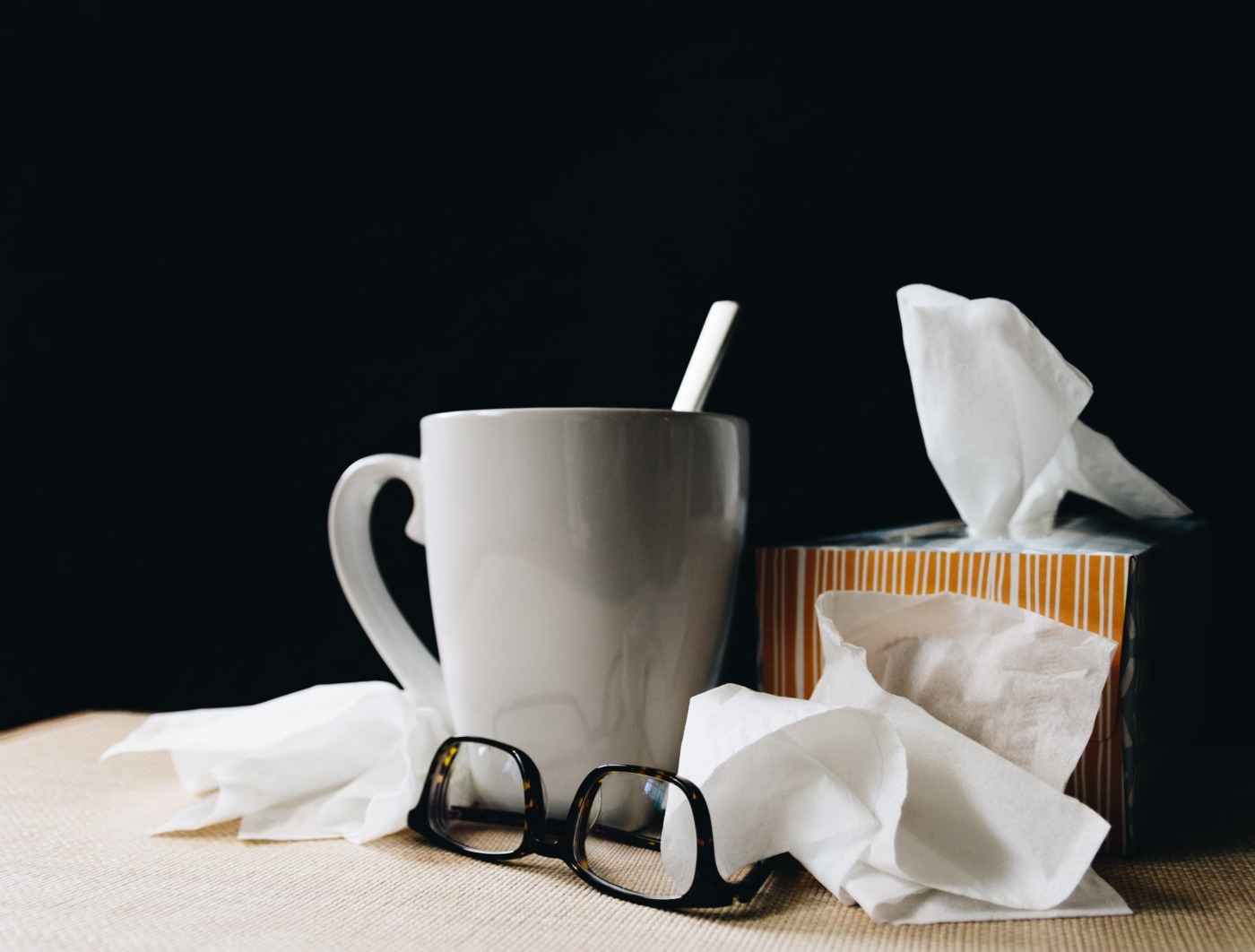How to combat freshers’ flu
At the end of September, a whole crop of new first-year students will be coming to campus for the first time and beginning their Warwick story. It’s a time for making new friends, joining societies and sports clubs, partying, and in many cases, falling ill. Yes, it’s not the most pleasant part of the freshers’ experience, but it’s entirely possible that you may fall victim to freshers’ flu within your first few weeks at university. Many students get it at least once during their time at university. But what exactly is freshers’ flu, and how can we fight or even prevent it?
Despite the name, freshers’ flu is not really a flu at all – in many cases, it’s often simply a bad cold. Common symptoms include a fever, sore throat, severe headache, a cough, and general discomfort, and it typically lasts around a week. It’s not particularly severe, but when you’re trying to make the most of your first few weeks at uni, it’s the worst time to fall ill to a generic illness.
What actually causes freshers’ flu? Most obviously, it’s mingling – during this time period, you’ll be meeting loads of new people from all over the world in a number of contained environments (such as bars and lecture theatres). Some of them, and possibly you too, may be carrying viruses that you’re not immune to, and passing them on is a possible consequence. During this period, you’re likely to suffer a lack of sleep as you cram in everything you can, and this is coupled with the negative impacts of eating lots of takeaways and other junk food, and drinking lots of alcohol. Psychological factors also play a part – many of us will be stressed and homesick during this period, and that too can make you feel worse.
Despite the name, freshers’ flu is not really a flu at all – in many cases, it’s often simply a bad cold
The issue, as you can see, is that many of these causes are unavoidable during freshers – you can’t just avoid other people, and the potential sense of upheaval will be there the moment you arrive. But there are some things you can do to help ease the symptoms of freshers’ flu. Eat healthily – fruit and veg is dirt-cheap, so stock up and eat well when you can (although still have fun nights out too, of course). Drink lots of water – if you’re well hydrated, it’ll help flush freshers’ flu toxins from your body. Exercise – go for a walk or a run, and discover more of the campus at the same time. Bring along some paracetamol just in case, and try to get enough rest. And, after the practice we’ve had the past couple of years, keep up the hygiene standards – washing your hands regularly is simple and very effective.
One of the big worries this year, when we start to feel sick, is whether it’s a bout of freshers’ flu or Covid-19. There’s no guarantee one way or another unless you get a Covid test, but in our age group, Covid cases are more likely to be asymptomatic. The best precautions for Covid are the ones we’re all familiar with by now – getting your vaccines, social distancing, washing your hands, downloading the NHS app – and they’ll be good for helping protect yourself from freshers’ flu too.
There’s no catch-all solution, I’m afraid – it’s entirely possible that you’ll fall ill in your first few weeks on campus. I’m not going to sugar-coat it, but let me tell you that it’s not the end of the world if it happens, and the measures you can take to prevent or fight freshers’ flu are good ones that will see you right throughout your uni experience. Come to Warwick ready to have fun and enjoy the freshers’ experience – and if you get freshers’ flu, that’s just a part of it.

Comments